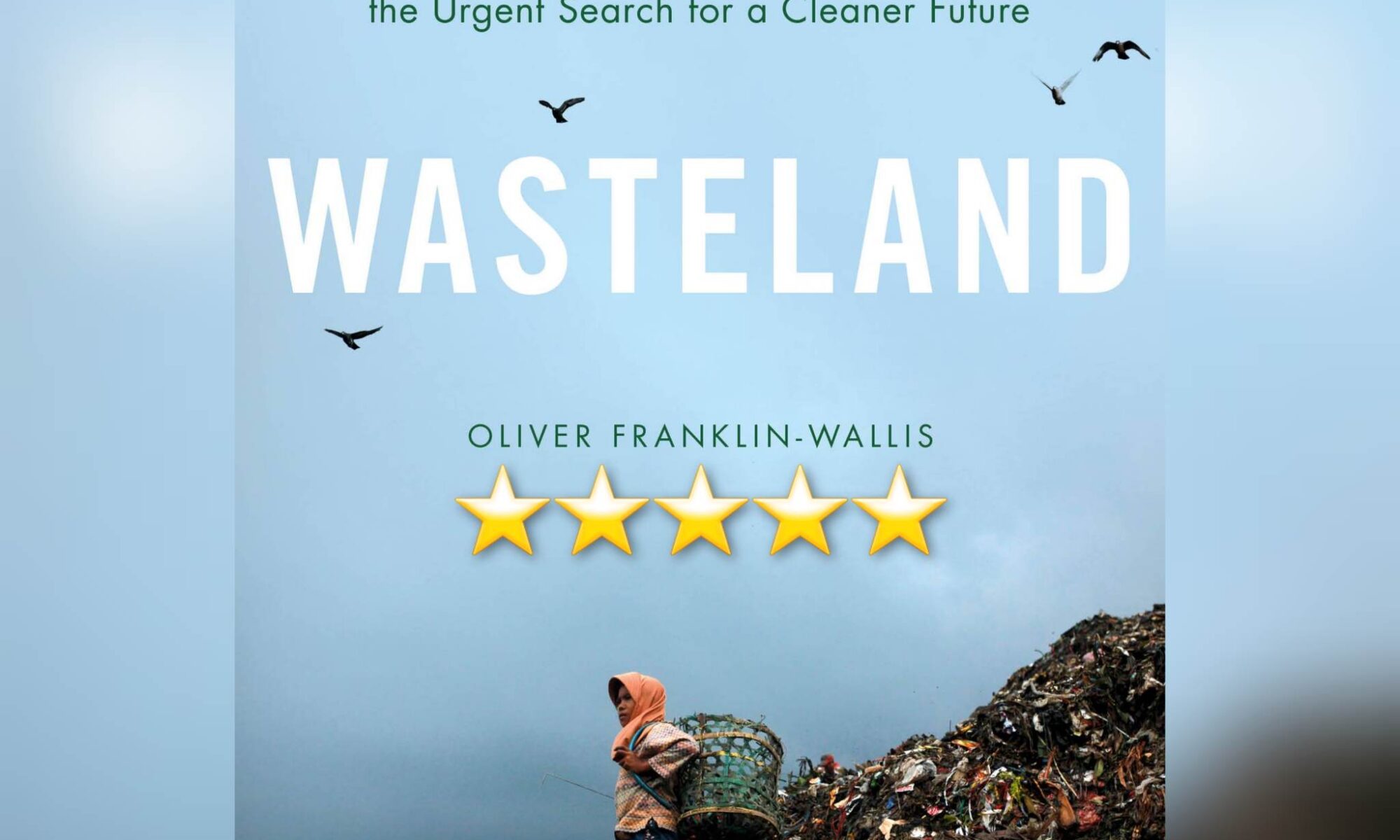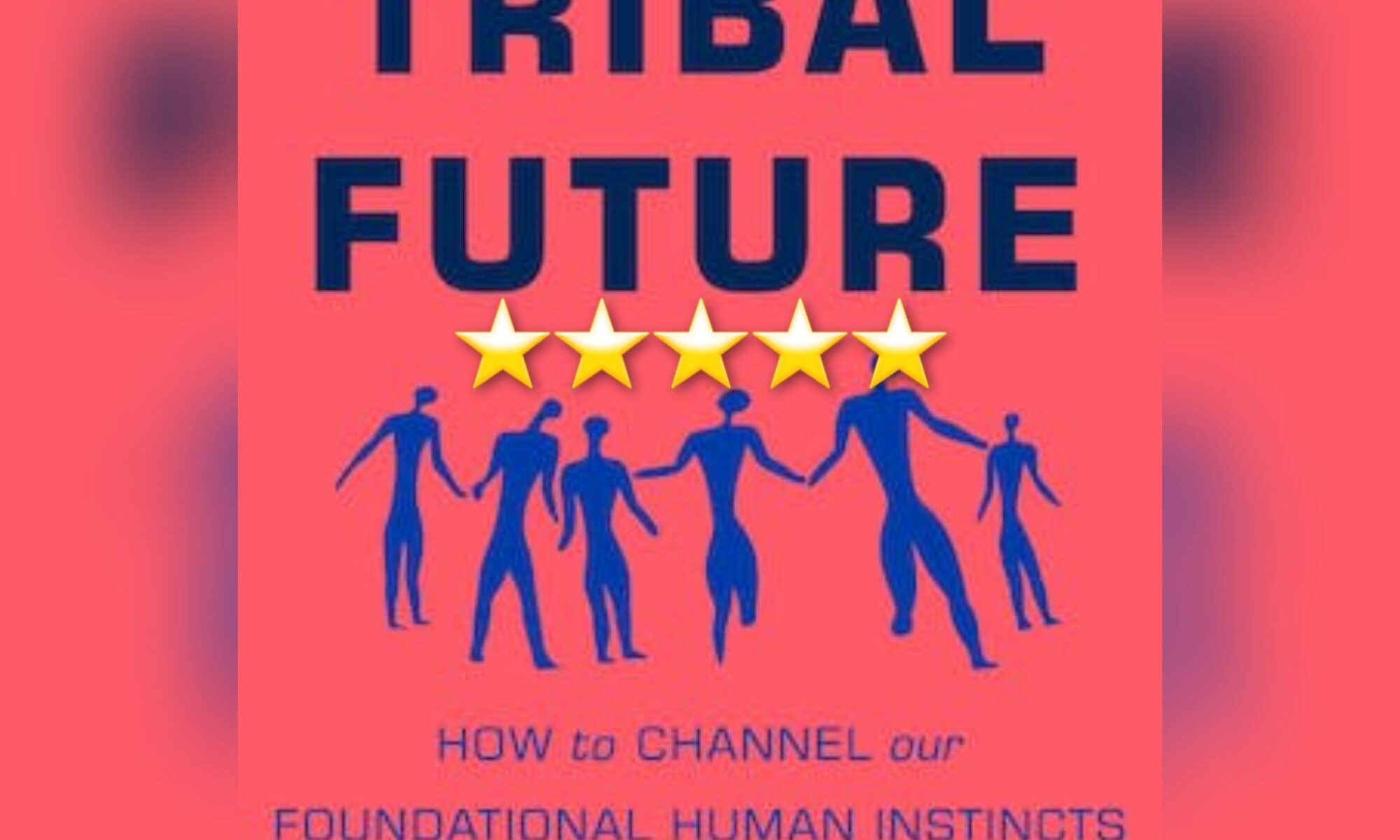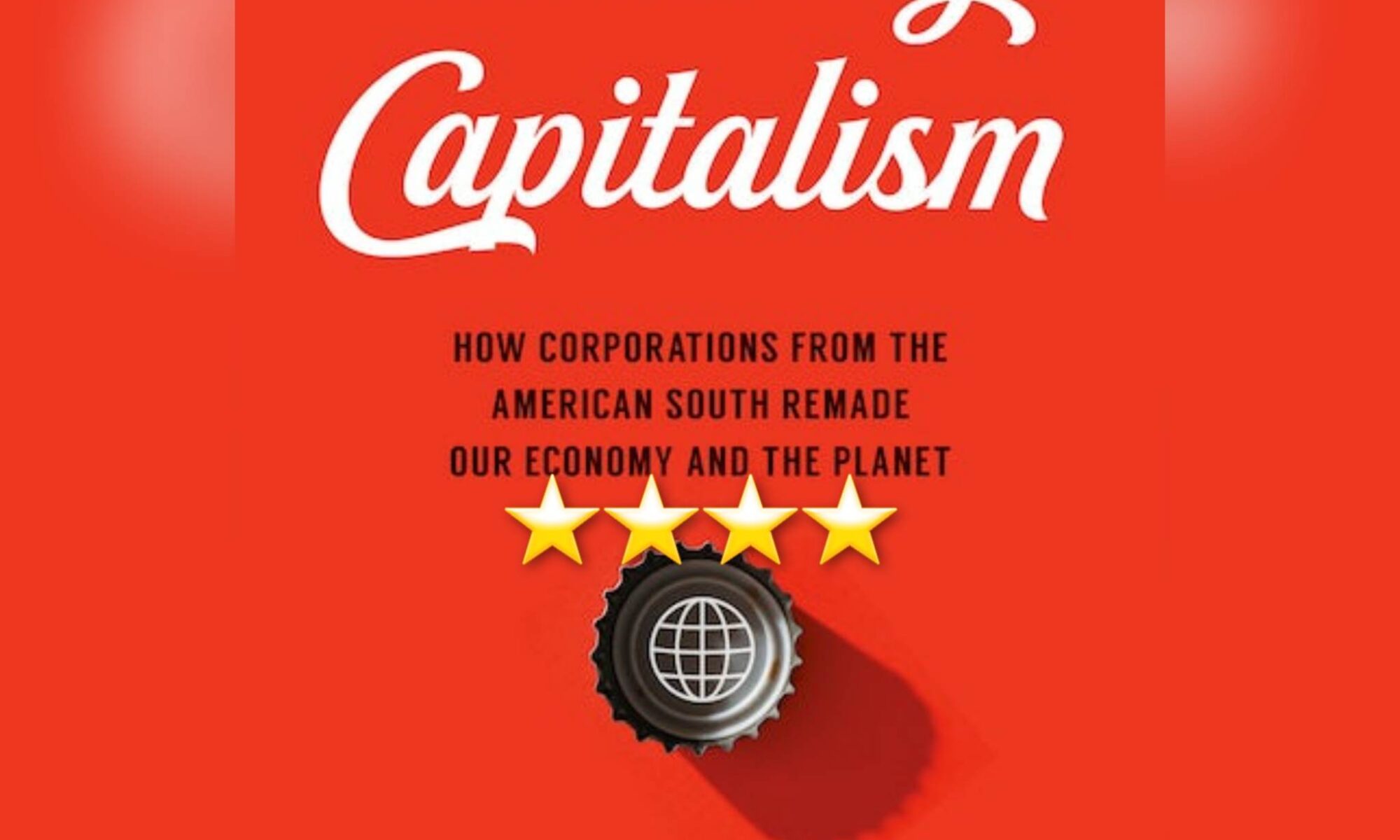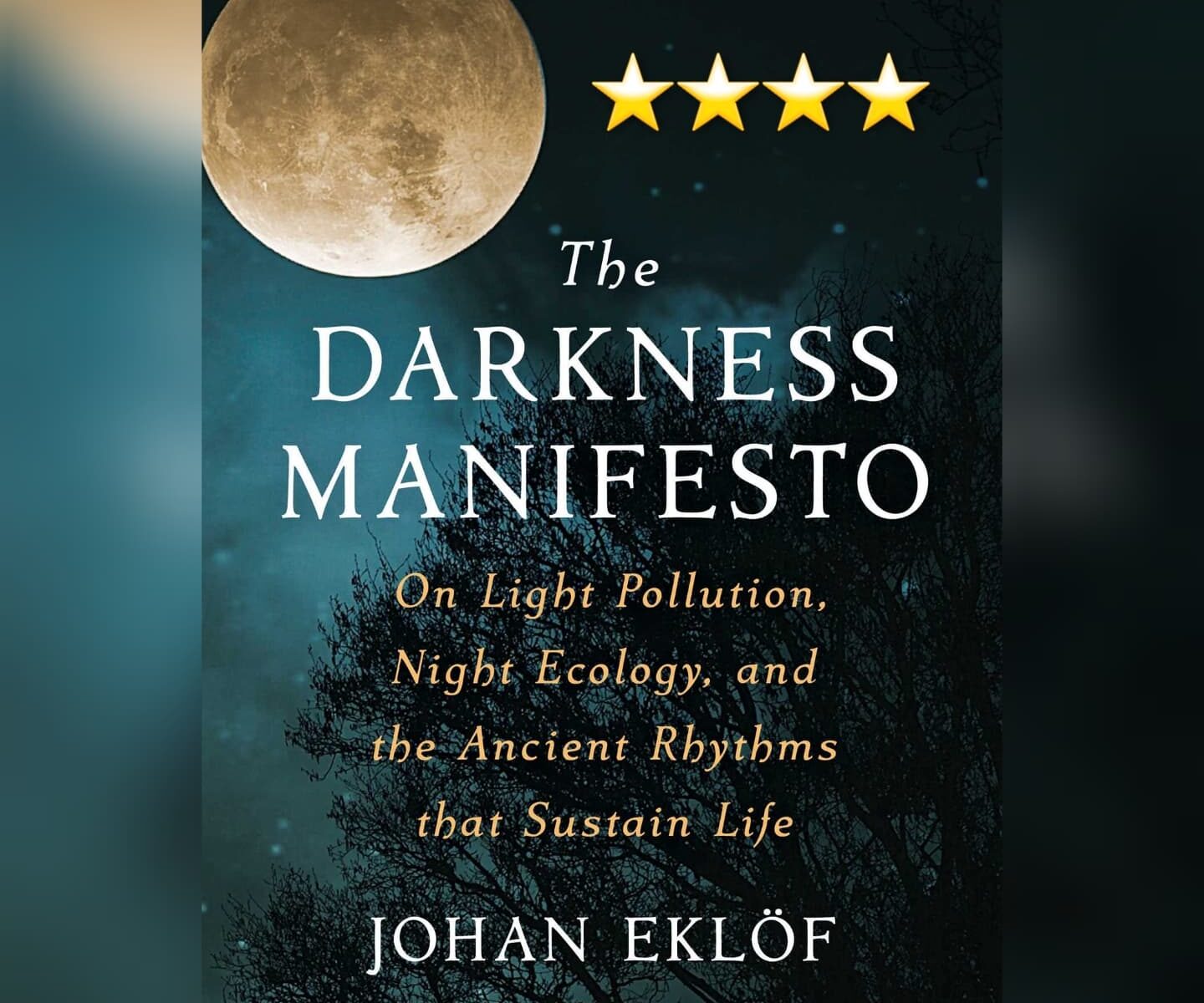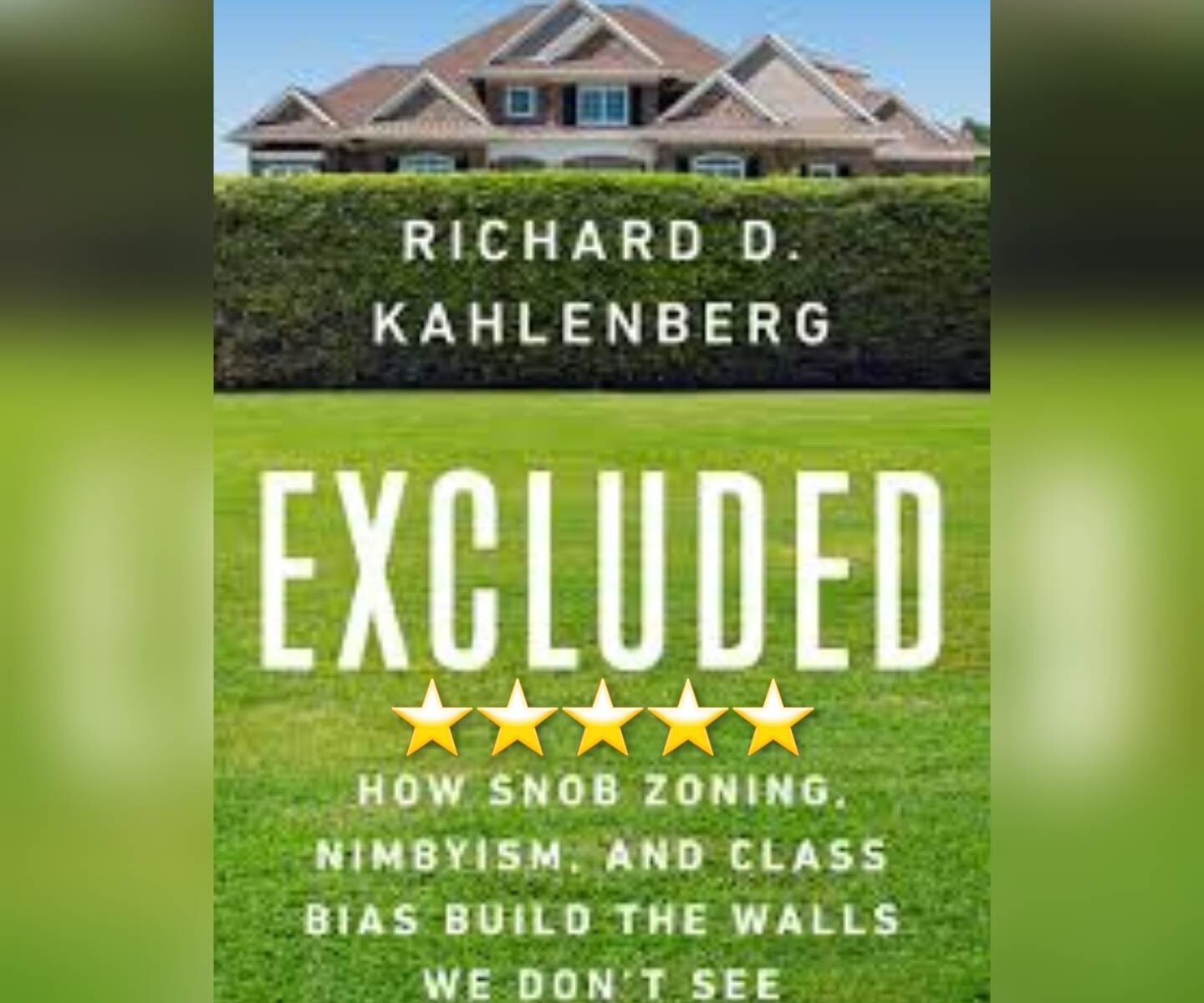Comprehensive Look At The World Of Waste. I’ve seen bits and pieces of some of this in some books, such as Plastic Free by Rebecca Prince-Ruiz, Unraveled by Maxine Bedat, Worn Out by Alyssa Hardy, Pipe Dreams by Chelsea Wald, and Sewer by Jessica Leigh Hester, just to name a few. And I’ve even lived a version of some of it, having worked at a US nuclear waste disposal facility a couple of times over a period of a couple of years. But this is the first book I’ve ever found that really covers all aspects of waste from nearly every possible angle. About the only glaring omission, perhaps, is space junk – the orbital debris that causes headaches for new and existing satellites and the International Space Station and could one day cause a *major* problem terrestrially via knocking all satellites out of usability (an issue known as the Kessler Effect, and used quite well in the late Matthew Mather’s Cyber Storm trilogy of fiction).
But what Franklin-Wallis *does* cover, he truly does cover in remarkable depth and clarity, using a combination of direct interviews and scholarly research to give both a human face to each particular issue and ground it in its full severity. This books is truly quite eye opening in several different respects, and will likely greatly add to the overall discussion of the topic… assuming enough people read it. Which is, in part, where this review comes in. Go read the book already. 🙂
The documentation is *maybe* *slightly* low at about 21% of the overall text, but this is actually within the lower bound of “normal” in my experience, and thus not worthy of a star deduction nor even true criticism, I’m simply noting it because I try to make a similar note in most non-fiction reviews.
Overall truly an excellent book full of both reality and hope, and very much recommended.
This review of Wasteland by Oliver Franklin-Wallis was originally written on April 8, 2023.

